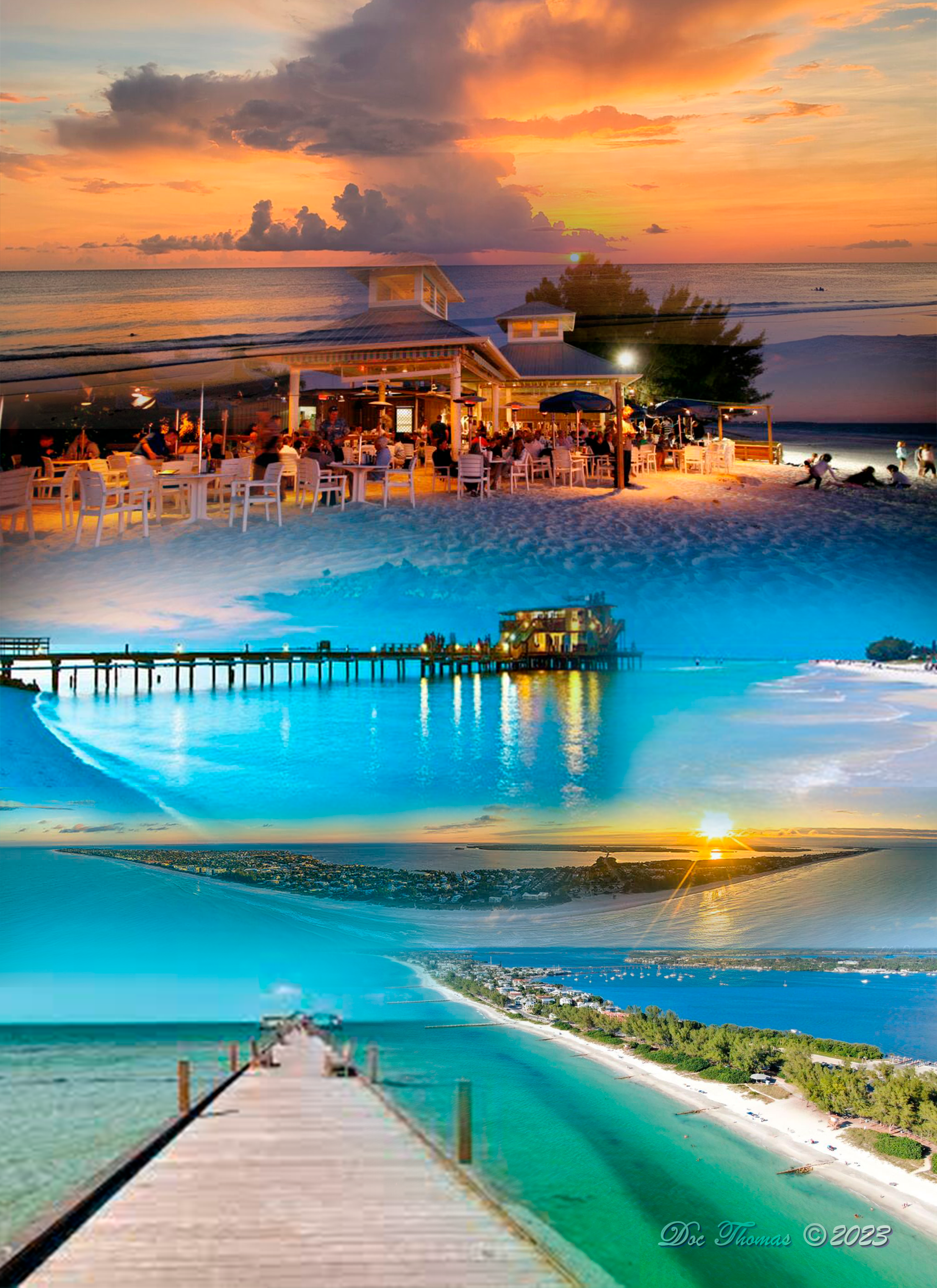A Tapestry of Culture, History, and Natural Beauty in Brazil

Introduction:
Salvador, the capital of the Brazilian state of Bahia, is a city where the past and present coalesce into a vibrant tapestry of cultural richness, historical depth, and natural wonder. Known as the cradle of Brazilian culture, Salvador beckons tourists with its colorful colonial architecture, pulsating music scenes, and the warmth of its people.
Historical & Religious Significance:
Salvador’s history as the first colonial capital of Brazil is palpable in its cobblestone streets and ancient buildings. The city is a focal point for the Afro-Brazilian religion of Candomblé, which is interwoven with Catholic traditions, showcased in the magnificent churches and lively religious festivals that embody Salvador’s spiritual diversity.
Architecture & Landmarks:
The Pelourinho, a UNESCO World Heritage site, is the heart of Salvador’s old town, famous for its pastel-colored colonial buildings and ornate churches, such as São Francisco Church and Convent. Modern Salvador also thrives, with landmarks like the futuristic Arena Fonte Nova, juxtaposing the old with the new.
Wildlife & Natural Splendor:
Salvador is surrounded by natural beauty, from the serene beaches of Praia do Forte and Itapuã to the lush Atlantic Rainforest that hugs the coast. The Dique do Tororó offers a peaceful escape with its lagoon, surrounded by greenery and Orixá sculptures that reflect the city’s Afro-Brazilian spirit.
Art, Education & Cultural:
Artistic expression is at Salvador’s core, with streets that come alive with music, dance, and capoeira. Museums like the Museum of Modern Art of Bahia and the Salvador Carnival Museum celebrate the city’s artistic and cultural heritage. The Federal University of Bahia is a beacon of education, fostering innovation and cultural preservation.
Spirits and Gastronomy:
Salvador’s cuisine is a testament to its cultural melting pot, offering a tantalizing array of foods influenced by African, indigenous, and Portuguese flavors. Acarajé, moqueca, and cocadas are just a few of the local delicacies. The city’s vibrant bar scene serves up traditional cachaça and tropical cocktails, embodying Bahia’s spirited ambiance.
Events, Festivals & Activities:
Salvador is renowned for hosting one of the world’s largest street parties, the Salvador Carnival, a euphoric celebration of music, dance, and costumes. Beyond Carnival, the city’s calendar is filled with cultural events and festivals that celebrate its African heritage, music, and religious traditions, offering something for every visitor.
Adventure & Exploration:
Adventure seekers will find Salvador’s surroundings a playground for exploration. Kayaking in the Baía de Todos os Santos, hiking in the nearby Chapada Diamantina National Park, or exploring the coastal reefs by snorkeling are just a few of the activities that allow visitors to immerse themselves in the natural beauty of Bahia.
Health, Wellness & Relaxation:
For those seeking relaxation, Salvador’s beaches provide a perfect oasis of calm and beauty. The city also hosts several wellness retreats and spas that incorporate local traditions and ingredients, offering a unique blend of relaxation and cultural immersion.
Conclusion:
Salvador is a city that dances to the rhythm of its own drum, inviting tourists to explore its historical streets, dive into its cultural celebrations, and unwind in its natural beauty. It offers a distinct blend of experiences that cater to history buffs, cultural enthusiasts, nature lovers, and those in search of spiritual renewal. Visiting Salvador means embarking on a journey through the soul of Brazil, where every corner, every dish, and every melody tells a story of resilience, beauty, and joy.
Author Doc Thomas

